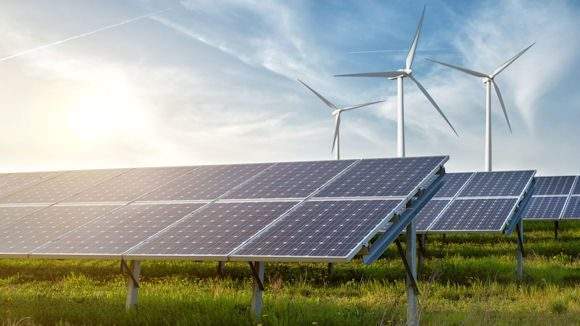
In order to take a harder line on climate change, the firm plans to stop project-specific financing to new coal fired power stations, new thermal coal mines, oil sands projects, arctic oil projects, and unsustainable vegetation or peatland clearance projects.
In March, RBS announced its plan to provide £10bn in funding to the sustainable energy sector between 2018 and 2020. The firm has provided 80% of its energy project financing to renewables in 2017.
The new policy changes also tightens its restrictions on general lending to coal companies which generate more than 40% of their revenues from thermal coal as well as to power companies which generate more than 40% of their electricity from coal.
RBS sustainable banking director Kirsty Britz said: “The RBS of 2018 is very different to the bank we were a few years ago.
“If we’re going to support our customers in the long run, then it means addressing the challenge of climate change and the risks and opportunities it presents.
“We want to help build a cleaner, more sustainable economy for the future, and these policy changes form part of our broader approach to this major issue.”
The new policy changes are a part of the firm’s efforts to address climate change issues, which includes its own direct emissions, support for green sectors and additional climate risk management measures.
The bank sources 90% of its electricity from renewable sources from the UK and Ireland.
Earlier this year, HSBC pledged to stop providing financing for new coal-fired power plants to support a transition to a low-carbon economy.
The firm said it will also stop provide financing for new offshore oil and gas projects in the Arctic as well as new greenfield oil sands projects.






